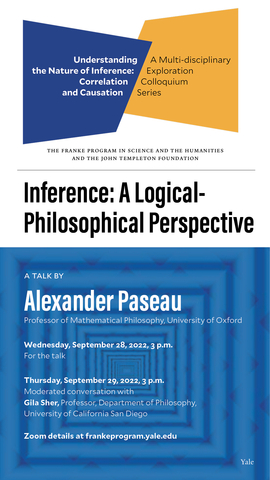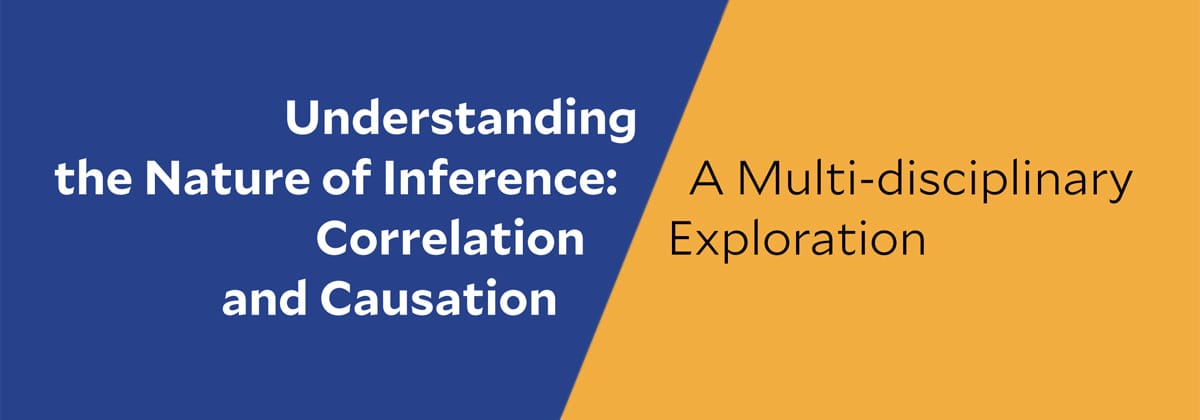
Inference is a logical-philosophical term that has been used to describe the process of deriving conclusions from premises. The conclusion drawn from the premises is called an inference. In this talk we will explore the mathematical and philosophical aspects of inferences.
The word ‘infer’ means to deduce, or draw a conclusion from given evidence. In other words, it is the process of using logic to come up with a conclusion. There are two types of inferences: deductive and non-deductive inferences.
Deductive inferences are those in which the truth of the conclusion is guaranteed by the truth of its premises, as long as all statements in the argument are true and valid. Non-deductive inferences are those that do not meet this requirement; they may be valid due to probability rather than necessity (as with inductive inferences). The validity of non-deductive inferences is not guaranteed. An argument that is non-deductive and valid, as opposed to a deductive argument which uses only true statements. One type is a statistical probability. “There is a 90% chance of rain today, therefore, it is probably raining.” This conclusion is not guaranteed, but it is very likely.
Mathematics has a long tradition of using formal reasoning, but some mathematicians have argued that there is a need for non-deductive reasoning in the field. Mathematics has always been considered as an exact science, but in the last century, it has been seen as more of an art form with many different ways of approaching problems.
In this talk, Professor Paseau will present some of his ideas about non-deductive reasoning in mathematics and explain why, contrary to popular belief, it can be a source of knowledge as well as justified belief.
–Zahra Kanji

